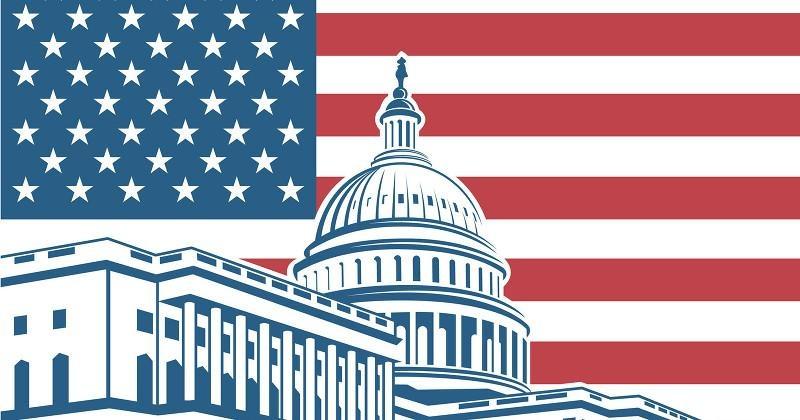
Amid all the talk about shifting demographics and political changes over the last decade, one key voting group has remained virtually unchanged: white evangelicals.
According to one evangelical leader, a record number of white evangelicals voted in the 2018 midterms after an inspired turnout effort.
“This is the most ambitious and most effective voter education, get-out-the-vote program directed at the faith-based vote in a midterm election in modern political history,” Faith & Freedom Coalition President Ralph Reed said the day after the November elections.
But since turnout was up across the board, white evangelicals made up the same percentage of the electorate as they always do.
After ticking up from 23 percent of the electorate in 2004 to 24 percent in 2006 and 26 percent in 2008, the share of the white evangelical vote has been unshaken at 25 percent in 2010, 26 percent in 2012, 26 percent in 2014, and 26 percent in 2016. And in last month’s midterms, white evangelicals made up, you guessed it, 26 percent of the electorate, according to the exit polls.
White evangelicals continue to be a staunchly Republican bloc of voters, but their support for GOP candidates (75 percent to 22 percent) dipped a bit compared to their support for President Donald Trump two years ago (81 percent to 16 percent).
Reed said “conservative Christians” — apparently a broader group composed of more than white evangelicals — made up 35 percent of the electorate. That’s according to an Election Day survey conducted by Public Opinion Strategies for Faith & Freedom. Previous surveys showed conservative Christians making up 33 percent of the electorate in 2016 and 32 percent in 2014.
In an article in the Christian Examiner, Reed stressed that increased white evangelical turnout in states such as Florida, Georgia, Indiana and Missouri helped boost GOP candidates in competitive races.
In Florida, white evangelicals made up 21 percent of the electorate in 2016 compared to 29 percent in 2018, and voted significantly for GOP Gov. Rick Scott (80 percent) and former Republican Rep. Ron DeSantis (77 percent) in their statewide contests. Trump received 85 percent of the white evangelical vote in 2016. The 2014 exit poll apparently didn’t ask a comparable question about white evangelicals in Florida.
In Georgia, white evangelicals made up 34 percent of the electorate in both 2016 and 2018, but that’s down from 39 percent in 2014. White evangelicals gave Trump 92 percent of their vote in 2016, and they backed Georgia Secretary of State Brian Kemp, 88 percent to 11 percent, over former state House Minority Leader Stacey Abrams in this year’s gubernatorial contest.
In Indiana, white evangelicals made up 39 percent of the electorate in 2016 and 41 percent in 2018, and voted for Republican Mike Braun 72 percent to 23 percent over Democratic Sen. Joe Donnelly this year. There wasn’t a statewide exit poll in 2014 for comparable...

